- Lead-based paint inspection
- Pest, termite or rodent inspection
- Radon inspection
- Asbestos inspection
- Mold inspection
- Sewer or septic tank inspection
- Underground oil tank inspection
The need for any of these specialized inspections will depend on various factors such as the age of the home and the region in which it’s located. For example, homes built after 1978, when the use of lead-based paint in residences was banned by the US government, are unlikely to need a lead-based paint inspection. Homes without basements are unlikely to need a radon inspection.
4-Point Inspection
The 4-point residential inspection, the one with which you’re likely most familiar, concentrates efforts on the four areas in a home that are of most concern. These areas include the roof, the electrical system, the plumbing system and the HVAC (heating, ventilation and air conditioning) system.
The 4-point inspection is an integral part of the high-value interior inspection, which is almost always required for homes 30 years of age or older.
Self-Inspection
In seasonal or vacation homes, it’s not always practical for our company to conduct an interior inspection because of the logistics. An exterior inspection can be conducted easily enough because the homeowner is not required to be at home for these. The use of drones makes it possible to inspect the roof without gaining entry to the home or to a fenced back yard.
In order to complete the interior portion of the inspection, certain homeowners may be permitted to conduct their own self-inspection. To do this, they simply need a digital device such as a tablet or smartphone and to download a special application designed for this purpose. Self-inspection requirements and procedures are thoroughly explained and, once completed, need only be submitted, along with photos, to the insurer.
Who Benefits From Residential Inspections?
Residential property inspections may be in order for a variety of reasons, usually at the direction of insurance companies but also requested by prospective home buyers. Insurance companies need an accurate idea of a home’s value and its condition so they can properly gauge risks and potential liabilities as they relate to future potential claims.
Home buyers also want answers to value and condition questions, but not with an eye toward future potential claims. They want to know the advisability of purchasing a particular home and what future hidden costs exist that might not be readily apparent from the information supplied by the home seller.
Just as a home buyer cannot always totally rely on the information passed on by a home seller as being accurate or truthful, as an underwriter, you can’t always depend on the information given on an insurance application being totally accurate or truthful. To arrive at a reliably accurate picture of risks and liabilities, having a thorough, detailed inspection is the best practice.
Whether to benefit insurance underwriters or home buyers, a quality residential inspection is of unprecedented value. For the most accurate, reliable and professional inspection service, contact Inspection Risk Services today.


